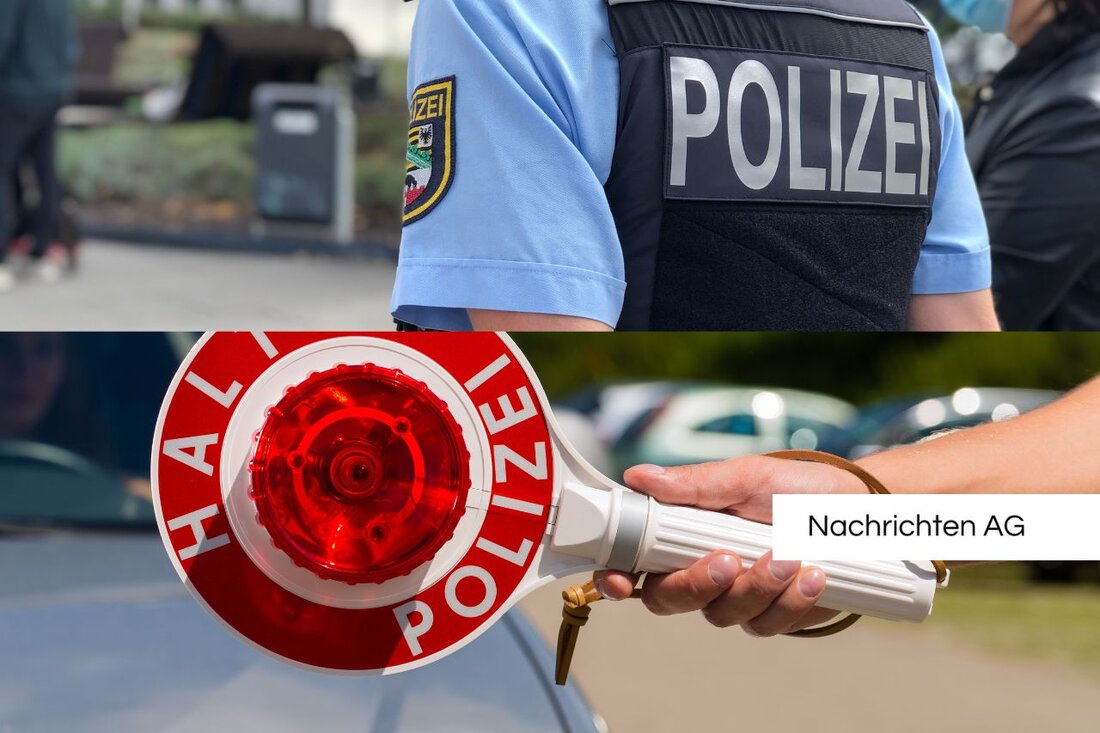Christmas in Ukraine: Tradition breaks, division remains!
Ukraine's largest church, previously pro-Russian, remains controversial as the country celebrates Christmas on December 25.

Christmas in Ukraine: Tradition breaks, division remains!
In western Ukraine, where tradition meets modernity, the Zakarpattia region is preparing for a very special Christmas. December 25th will be celebrated for the second time - a bold step away from the centuries-old customs that are deeply rooted in the Russian Orthodox Church. But as the holiday lights shine, tensions continue to simmer beneath the surface.
Zakarpattia, known for its religious people and breathtaking landscapes, has a turbulent history. Once dominated by the Greek Catholic Church, which preserves Orthodox rites, the region was annexed by Joseph Stalin in 1944 under Soviet rule. The Russian Orthodox Church, which had close ties to the KGB, took control. “Soviet secret services forced the Greek Catholic priests to adopt pro-communist Orthodoxy or sent them to Siberia,” explains Zakarpattia expert Oleh Dyba.
The shadows of the past
The Ukrainian Orthodox Church (UOC) remains the country's largest religious community, despite its past pro-Russian leanings. Patriarch Kirill of Moscow, a close ally of Vladimir Putin, further complicated the situation. He called the war in Ukraine a “holy war” and claimed that the souls of fallen Russian soldiers were being “cleansed.” “Russia is returning to the discourses of the medieval Crusades,” warns theologian Andrey Kordochkin.
The UOC has officially separated from Moscow and is supporting the war effort by hosting refugees and providing humanitarian aid. But the accusations against their leaders, who allegedly have pro-Moscow sympathies, cannot be ignored. Metropolitan Mark, a prominent Zakarpattia cleric, faces serious allegations including holding a Russian passport and building an expensive house near Moscow.
A country divided
The establishment in 2019 of the new Orthodox Church of Ukraine (OCU), subordinate to the Patriarchate of Constantinople, was intended to symbolize a new beginning. But despite all efforts, the UOC remains strong. “Their priest refused to pray for my cousin who fought in Donbas in 2015,” reports Filip from the Transcarpathian village of Chynadievo. “I have never gone to that church since.”
Tensions between pro-Ukrainian and pro-Russian clergy have led to dangerous situations. Archbishop Afanasy was subjected to a mock execution in Luhansk in 2014 amid separatists' crackdown on pro-Ukrainian priests. More than 100 UOC priests are suspected of collaborating with Moscow and spreading Russian propaganda. This led to the passage of a law banning the UOC in order to strengthen national security.
But these measures could be counterproductive. German researcher Nikolay Mitrokhin warns: “If Ukraine loses on the battlefield, it is risky to treat your own compatriots like that.” Displacing the UOC could only lead to it becoming stronger underground and presenting itself as a martyr.
Amid this religious and political turmoil, the question remains whether Ukraine's largest church is really still pro-Russian. As people prepare for the holidays, the future of Ukrainian Orthodoxy remains uncertain.

 Suche
Suche
 Mein Konto
Mein Konto